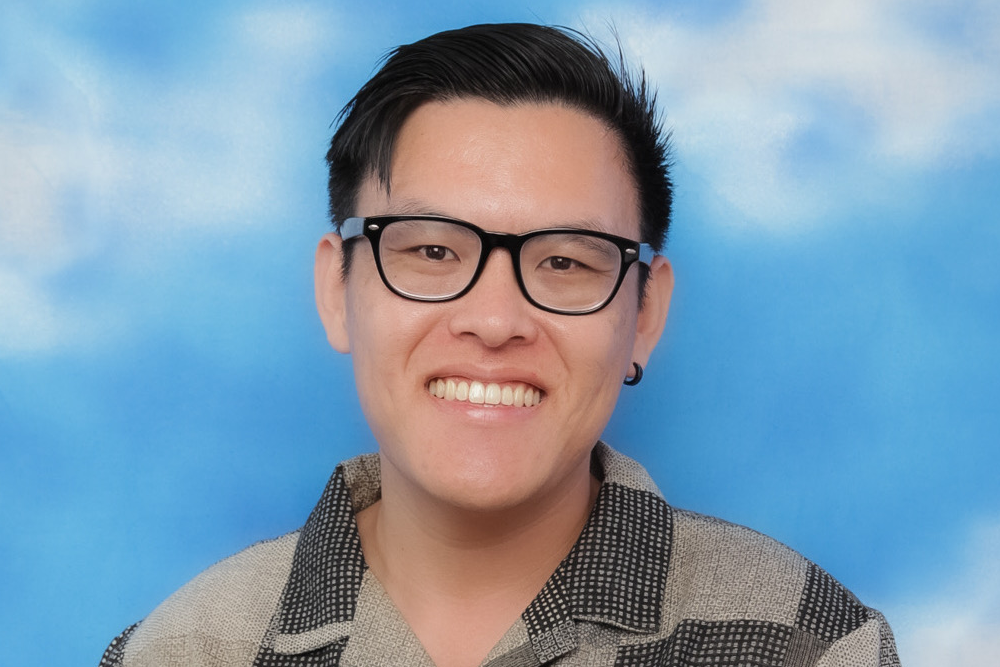Brian Kohaya

Biography
Brian Kohaya (He/Him) is a proud double Bruin. He received his undergraduate degree in Asian American Studies and Psychology and is currently pursuing a Master of Urban and Regional Planning. His research focus is on housing development and how communities both collaborate and clash with government agencies. Previously, Brian worked at Little Tokyo Service Center, a community-based organization whose focus is to promote community control and self-determination in the Little Tokyo neighborhood of Los Angeles.
In his free time, Brian enjoys going to concerts, and exploring the beautiful city of Los Angeles. He is an active member of the Little Tokyo community and volunteers as a member of Project by Project.
Project Overview
This project is an analysis of the community engagement process for government agencies to effectively work with communities like Little Tokyo. Community engagement is difficult work because often the most challenging question is defining the community. Poor engagement can lead to a situation where one “side” of the community is given higher relevance than the other, exacerbating tensions within communities. Government agencies must confront the historical reality that they have, for decades, worked against communities of color. Many of the people who witnessed the destruction of their communities through redevelopment or the Community Redevelopment Agency are still alive and actively engage in their respective communities today. The wounds of the past have not fully healed and this becomes evident in the general distrust communities have when working with government agencies.
Why is this topic, specifically, important to you?
As an active member of the Little Tokyo community, I hold a personal stake in the trajectory of this project. Regardless of the developer involved, any changes to the neighborhood are bound to occur. In the near future, the City of LA and Metro are expected to hire a consultant responsible for crafting the definitive RFP for the Regional Connector site, in addition to adding the 1.5-acre Mangrove site to the proposal. Conducting research about a community that I am a member of comes with its own challenges. My faculty advisor, Karen Umemoto, characterizes this type of research as a loving attachment: “It requires a layer of self-reflection that pushes us to think more deeply about how our attachments shape our thinking beyond simply epistemic or standpoint issues and into the realm of dynamic social relations.” I recognize the unique challenges that come with being a researcher for a community that holds such personal significance for me. However, I also see it as a strength, enabling me to navigate internal politics and customs.
Who are the partners involved in this project and how will you be working with them?
My client is Little Tokyo Community Council (LTCC). LTCC is a community coalition of residents, businesses, and religious, cultural, and community organizations as well as other vested stakeholders in the Little Tokyo community. LTCC advocates on behalf of Little Tokyo, and provides the opportunity for the community to speak effectively with one voice for the best interests and betterment of Little Tokyo. LTCC will help me connect with local stakeholders to be interviewed as part of this project.
How do you hope that this project will impact the field moving forward?
The goal is to create a guidebook that outlines effective approaches for engaging with Little Tokyo and similar communities of color, aiming to avoid the repetition of mistakes that have plagued agencies for decades. While some of the information will be specific to Little Tokyo, the guidebook will also include general lessons on how consultants and other government workers can approach community development that does not inflict further harm on the community. Many communities of color are at a crossroads where community development needs to occur but the memories of the past are still fresh. This project seeks to find the balance so communities do not remain static while still having a say in the direction the community goes.
Fellow at a Glance
FELLOWSHIP YEAR
ACADEMIC BACKGROUND
PROJECT TITLE
POLICY BRIEF
